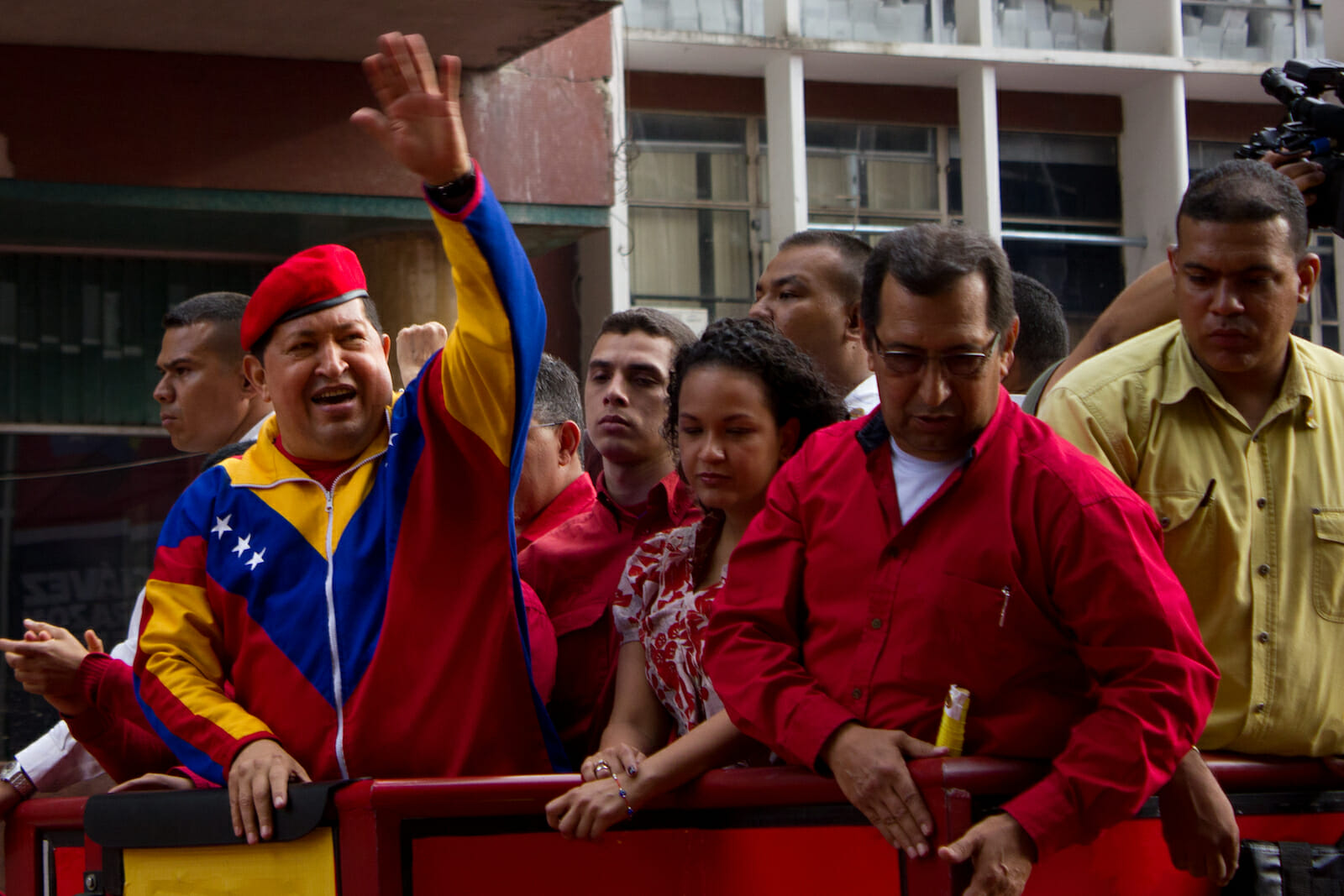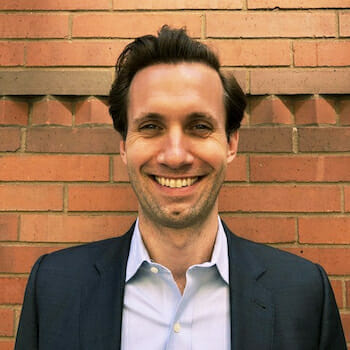
The Bolivarian Revolution After Chávez
Venezuela’s President Nicolás Maduro, a former bus driver who was Hugo Chávez’s foreign minister, has had a rocky start leading the country with allegations of ballot-tampering, appointing corrupt officials to high-level government positions, and foreign policy missteps have created the impression that Maduro is little more than a figurehead incapable of wielding power among the remaining high ranking chavistas and is ill-equipped to lead his country out of the economic morass left behind by his predecessor’s 14 years of chavismo.
The elections that ushered Maduro to power were disputed, and his wafer-thin victory on April 14th served to challenge his legitimacy from the outset. Accusations of fraud came immediately after the results were announced, with Henrique Capriles, the charismatic, moderate centrist and opposition leader who came in second in the polls, denouncing the elections and demanding a recount, claiming that Maduro’s win — by less than two percent, or about 225,000 votes out of nearly 15 million cast — was the result of the widespread use of fake IDs and intimidation at polling stations. During the campaign Maduro enjoyed free access to state television networks, allowing him to run endless campaign commercials highlighting his close ties to Chávez in order to harness the former president’s popularity and continue the “Bolivarian revolution,” named after the Venezuelan-born independence hero of South America, Simón Bolívar.
This advantage, as well as the use of nationalized companies’ funds and personnel to bolster political rallies and voter turnout among his constituents, was designed to render Maduro’s election as president a foregone conclusion. That he nearly lost, in spite of such preferential treatment, highlights that Maduro’s connection to Chávez, alone, will not guarantee his ability to propagate his predecessor’s socialist model. Nor can Maduro simply play-off of Chávez’s reputation.
Though he is oftentimes affable, Maduro’s sometimes-bizarre behavior during his campaign, including making a claim that he was visited by the spirit of Chávez in bird form, likely affected Venezuelans view of their new president.
Even with the election behind him, Maduro has been unable to do much to address rampant corruption within the government, as initial efforts to tackle graft have been weakened by the need to stay on good terms with the Chávez coterie. For instance, speaking on Army Day on June 24, Maduro stated that corruption “was going to swallow the nation” if not confronted with a “powerful struggle,” signaling that no socialist or “revolutionary” would be deemed corrupt under his rule. Not even two weeks earlier, however, Argenis Chávez, the late president’s brother, was named head of the governmental body that oversees the administration of Venezuela’s judicial system.
The younger Chávez, who had at one time been in charge of the country’s electricity ministry as well as Corpoelec, the country’s corruption riddled state-run electricity giant, had been removed from government by Maduro. Maduro’s capitulation to Chávez’s cronies signals that Chávez’s immediate circle still wields significant power. This move also demonstrates that while Maduro is capable of populist thundering against corruption, he is not above tainting the reputation of the judicial system to suit his political needs.
Maduro has also damaged relations with neighboring states, most notably his bilateral relationship with Colombia. In response to a visit paid to Colombia’s capital, Bogotá, by Henrique Capriles at the end of May to meet with President Juan Manuel Santos, Maduro accused Colombia of conspiring against him, going so far as to claim the neighboring state had made plans to assassinate him. These claims were justified by Venezuela’s Interior Ministry after the arrest of nine individuals with supposed links to Colombian paramilitary groups, and by the ministry’s additional assertions, with no evidence to back up the claims, that another armed group had arrived in Caracas as part of a “fascist right” aimed at “assaulting political power.” In response, Maduro threatened to retract his support for Colombia’s peace negotiations with the Fuerzas Armadas Revolucionarias de Colombia (FARC) currently taking place in Havana.
Although the relationship between Caracas and Bogotá has since normalized, Maduro’s reaction to Capriles’ visit seemed brash and undiplomatic. Venezuela’s Supreme Court had not yet ruled on a series of legal challenges filed after the election when the opposition leader visited President Santos. Moreover, claims that Bogotá sought to assassinate Maduro do not appear credible, as Colombia would most likely bear the brunt of the resultant political instability, which would spill over into its borders. And threats to withdraw support for Colombia’s peace process with FARC rebels do little more than undercut a “once-in-a-generation” opportunity to consolidate peace in rural Colombia that would be enormously beneficial to the millions of rural residents living in a post-conflict situation.
Such assertions also bring to fore Venezuela’s troubled history with the FARC. In 2008, after a raid on a FARC camp inside Ecuador, Colombian Special Forces confiscated laptops computers, disk drives and USB memory sticks belonging to Raul Reyes, FARC’s then second-in-command who was killed during the confrontation. Analysis of the documents on those devices demonstrated that Venezuela had supplied arms, millions of dollars and other support to the rebel organization during Chávez’s tenure as president.
Under Chávez’s rule, government officials advanced in the ranks based on their political loyalty to the commandant, not on merit, leaving Maduro with an administration incapable of implementing the reforms necessary to address the country’s manifold ills. Maduro himself may have benefitted from such a system of patronage. It is unlikely, however, that the current president will be able to convey this to the masses as an excuse for their country’s current difficulties.
Venezuela’s economy is dependent on oil and imports, and the state’s takeover of farms has reduced output. Staple goods are scarce, the country’s infrastructure is in terrible condition, and there is a shortage of hard currency (Maduro had to devalue the currency by 32 percent in February). Caracas has become one of the world’s most violent capitals, while large swathes of the country are now conduits for the drug trade, with the connivance of the state’s security forces.
Vote rigging, corrupt political appointments, and foreign policy brinkmanship will only exacerbate the deeply entrenched problems facing Venezuela that Maduro, a yes-man lacking Chávez’s charisma, will now have to resolve.
